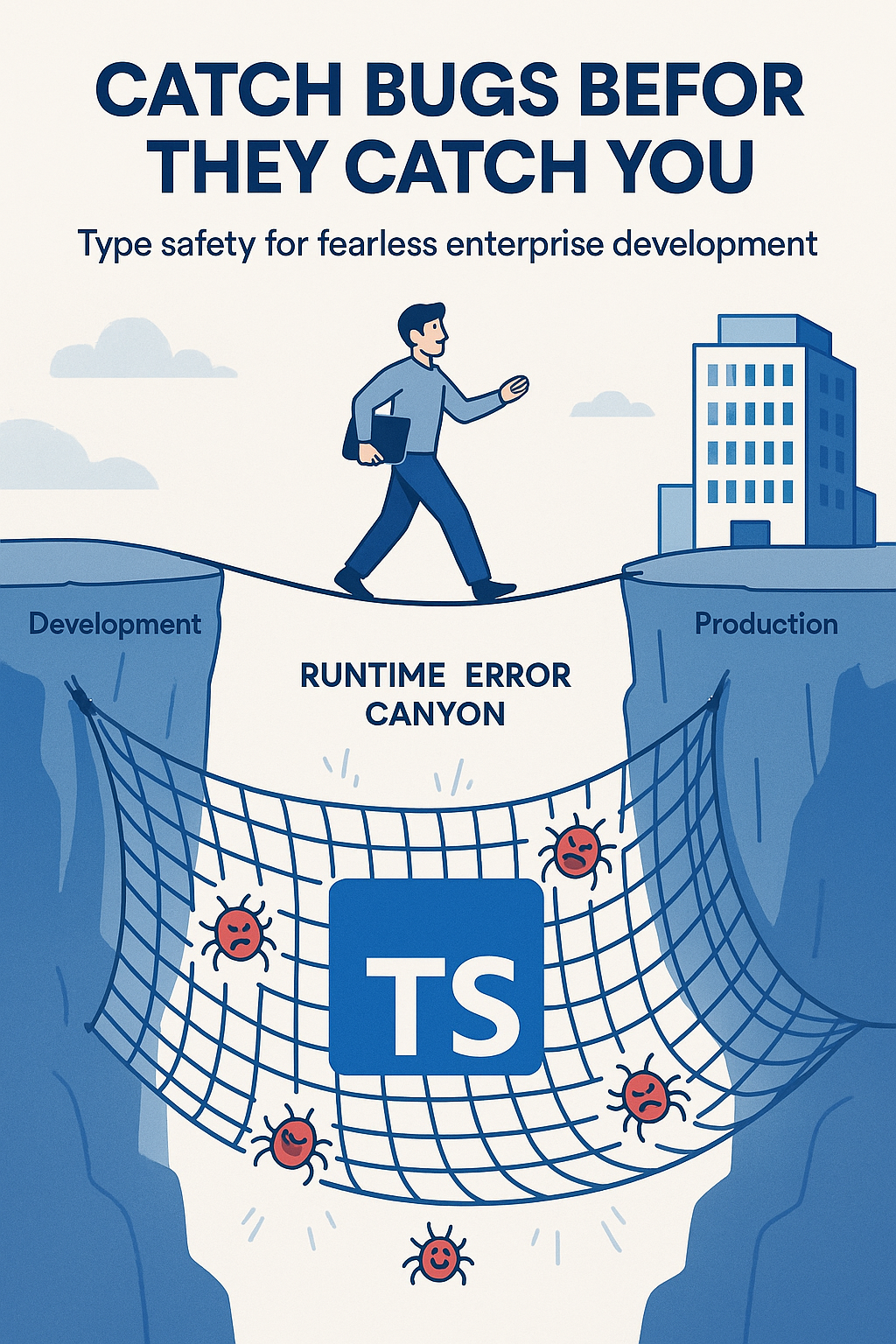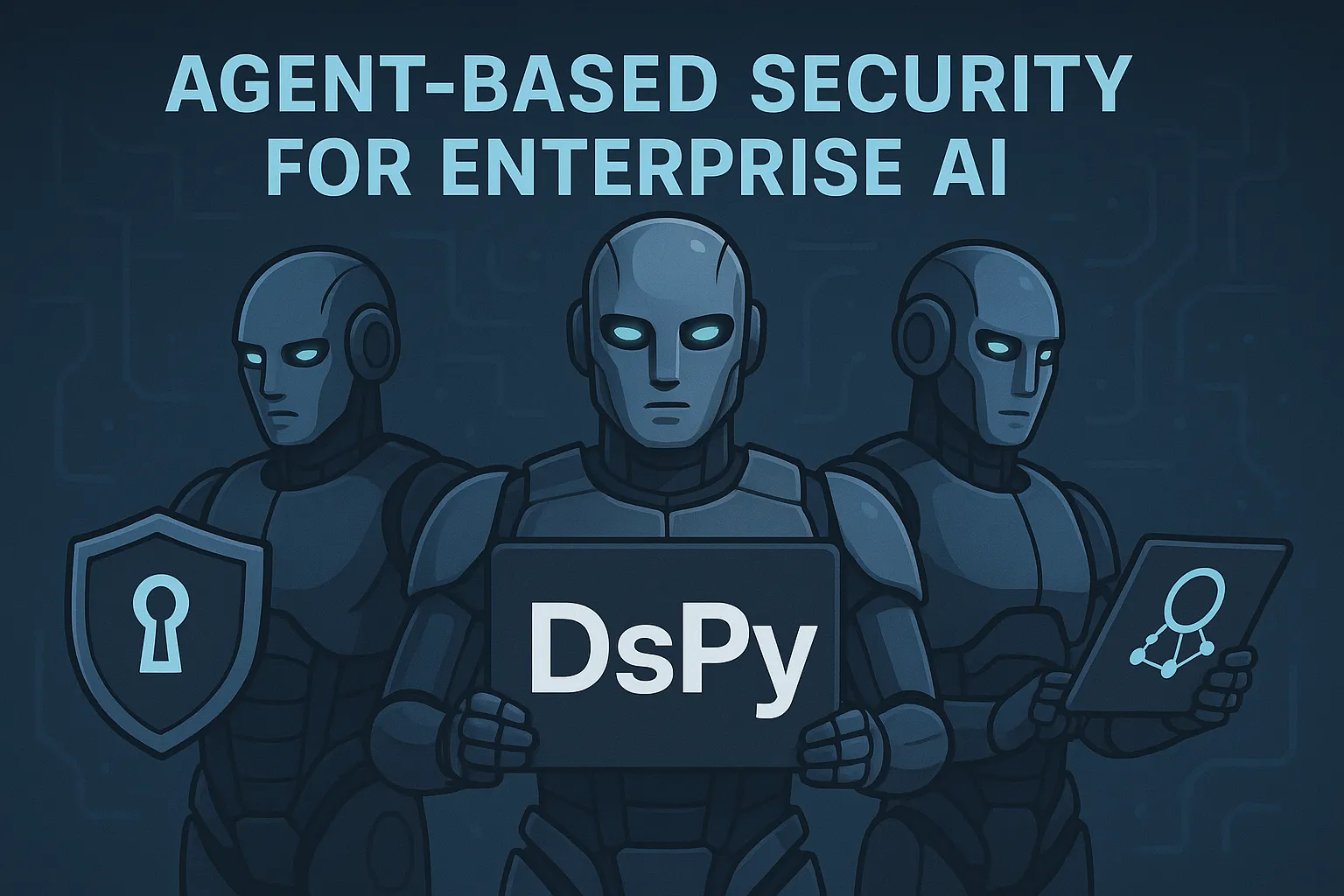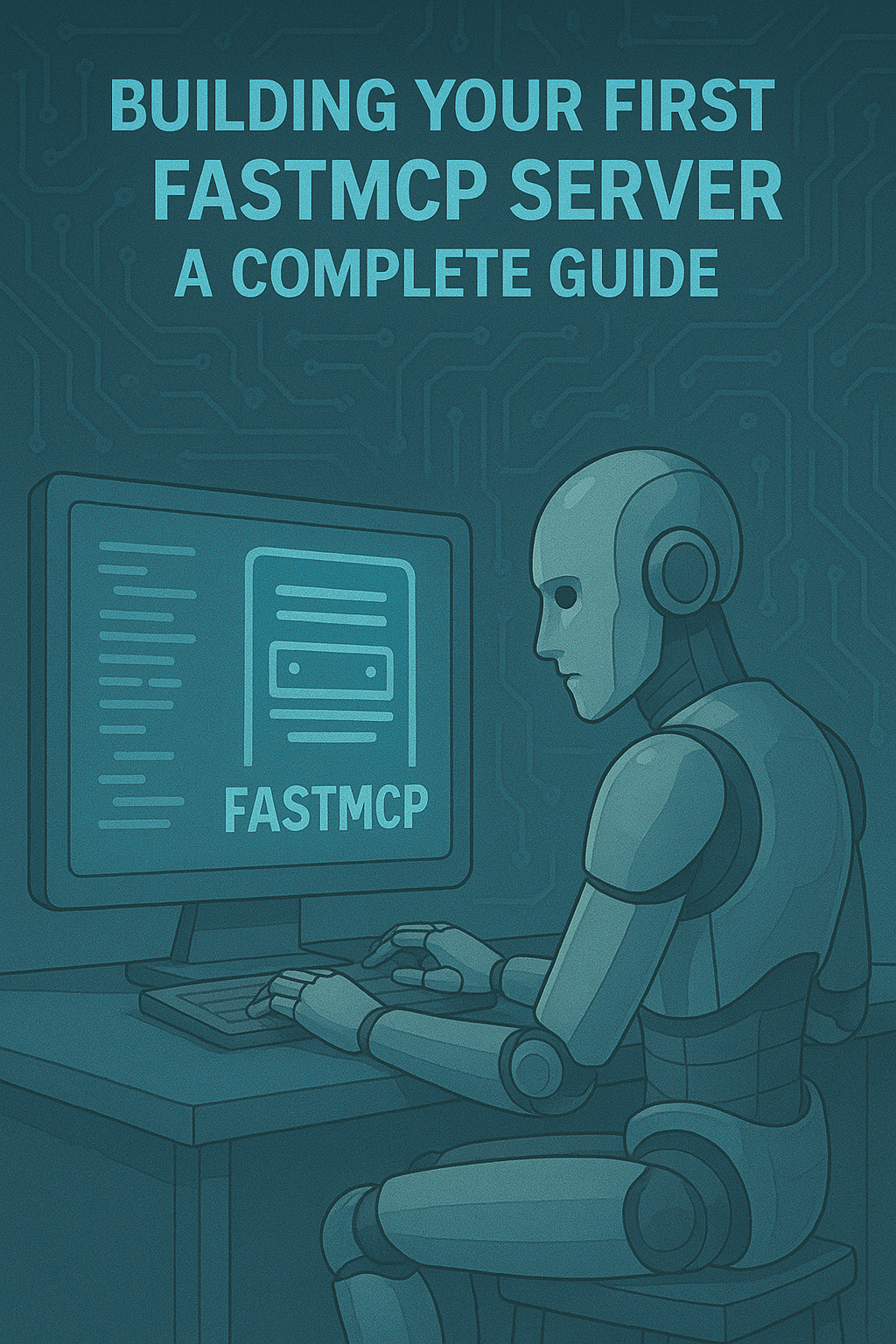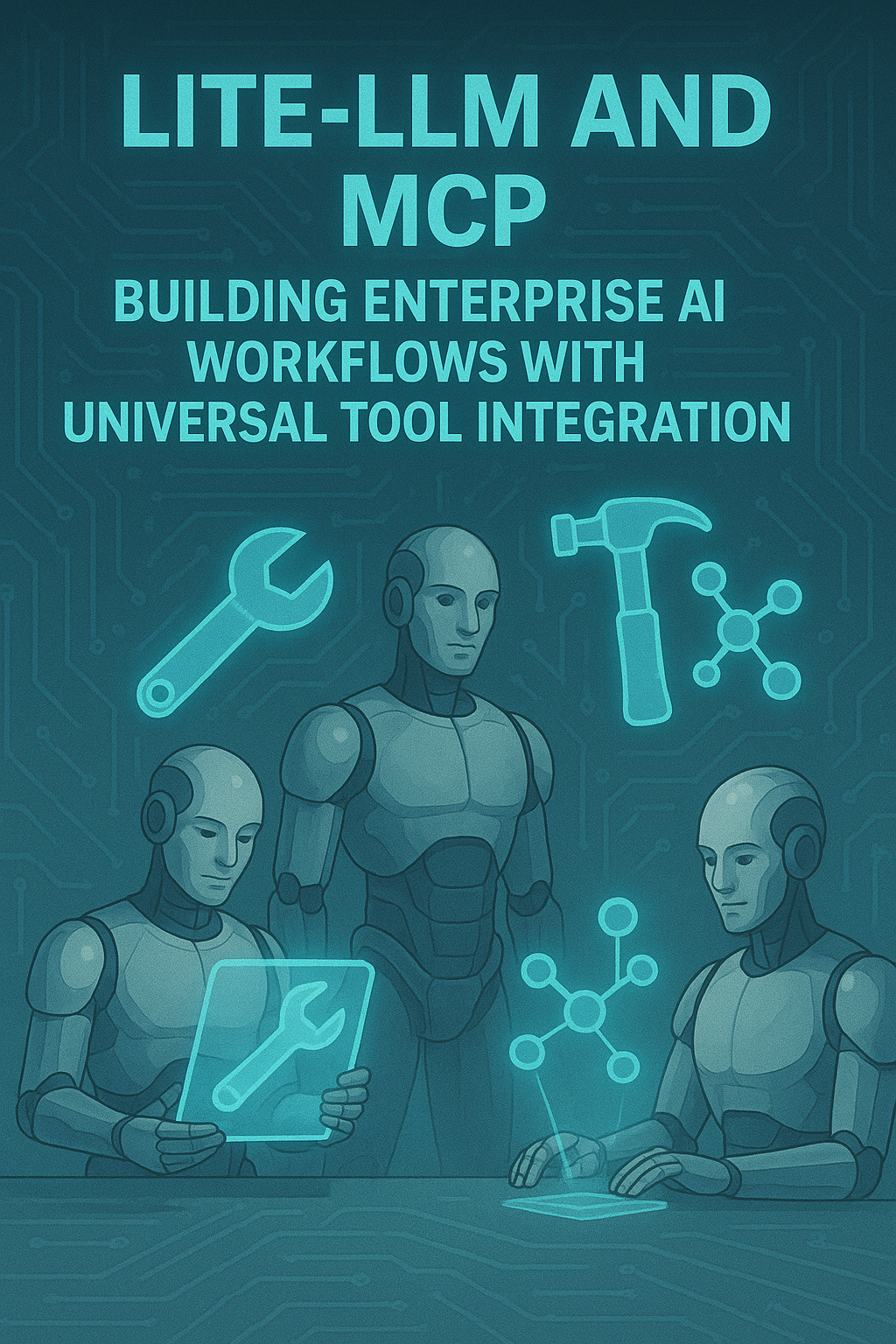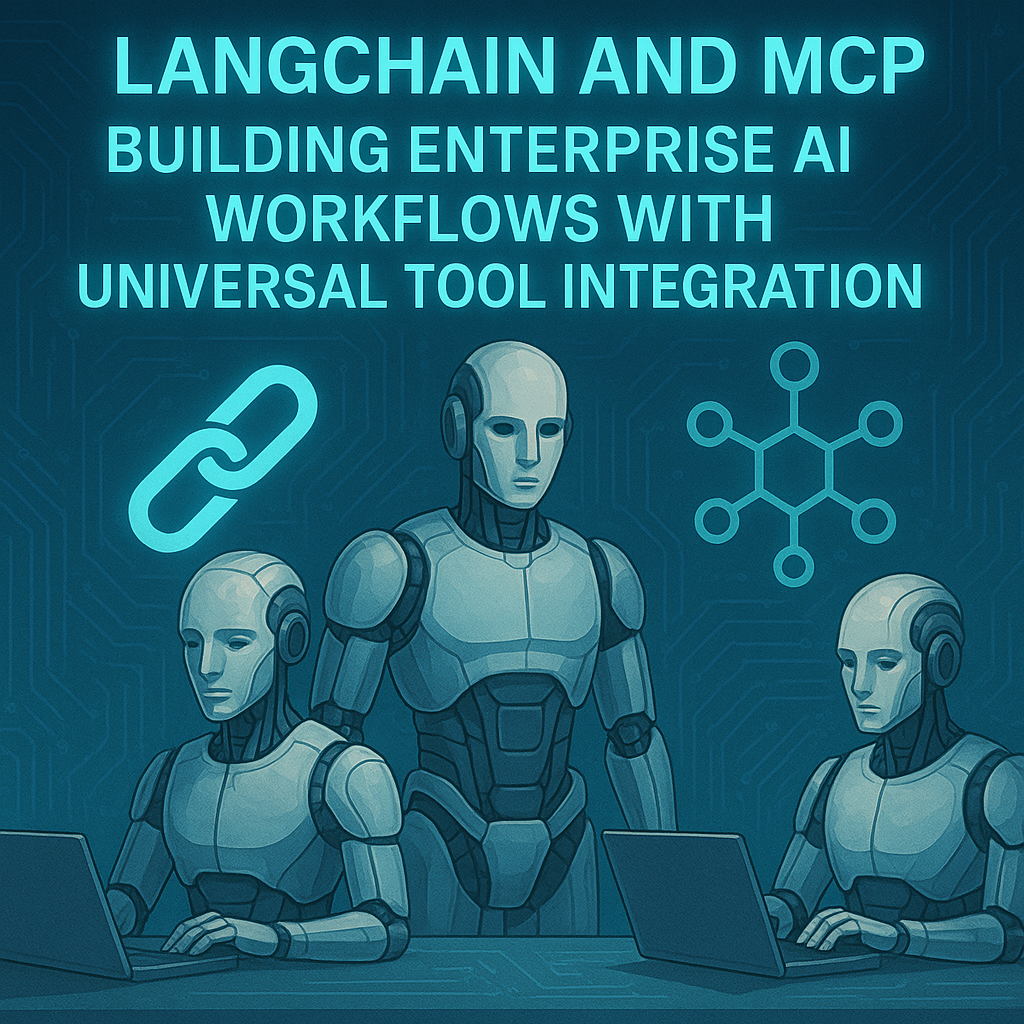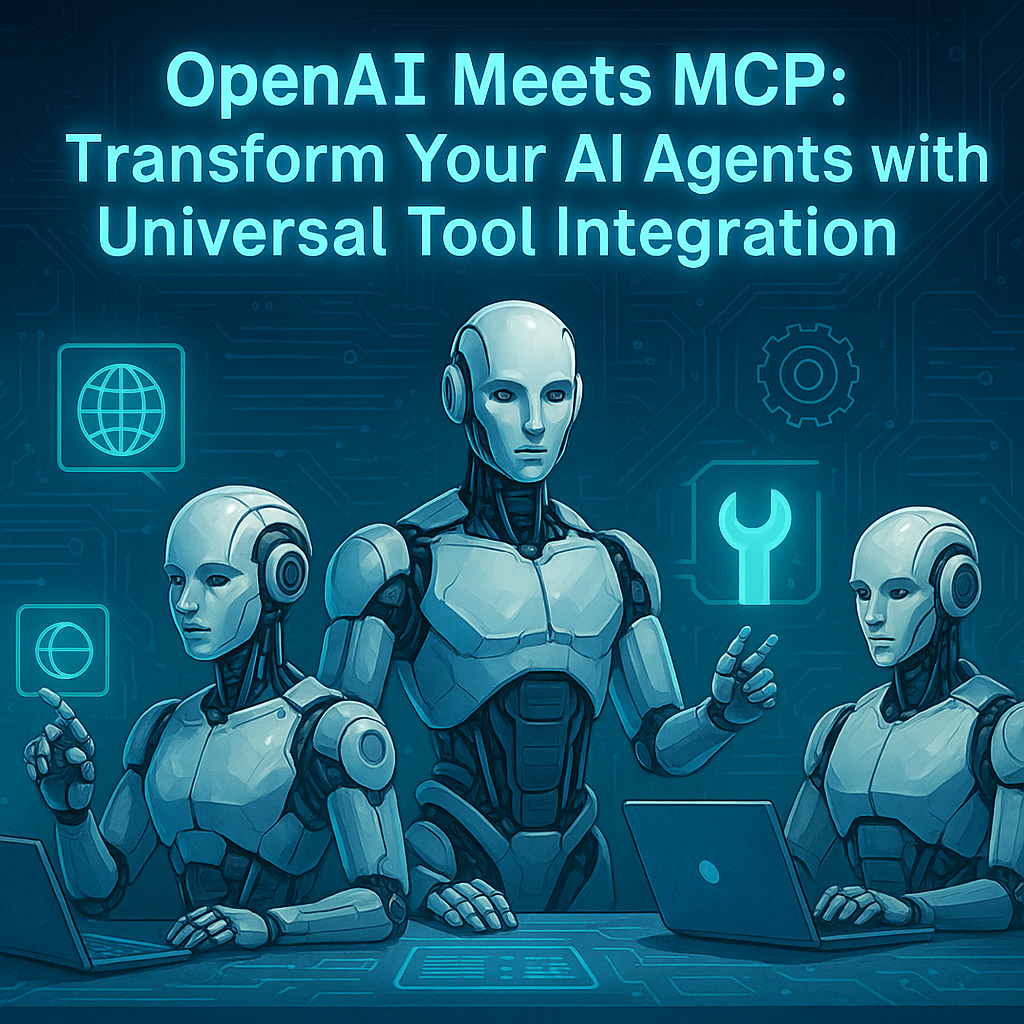The LLM Cost Trap—and the Playbook to Escape It
The LLM Cost Trap—and the Playbook to Escape It
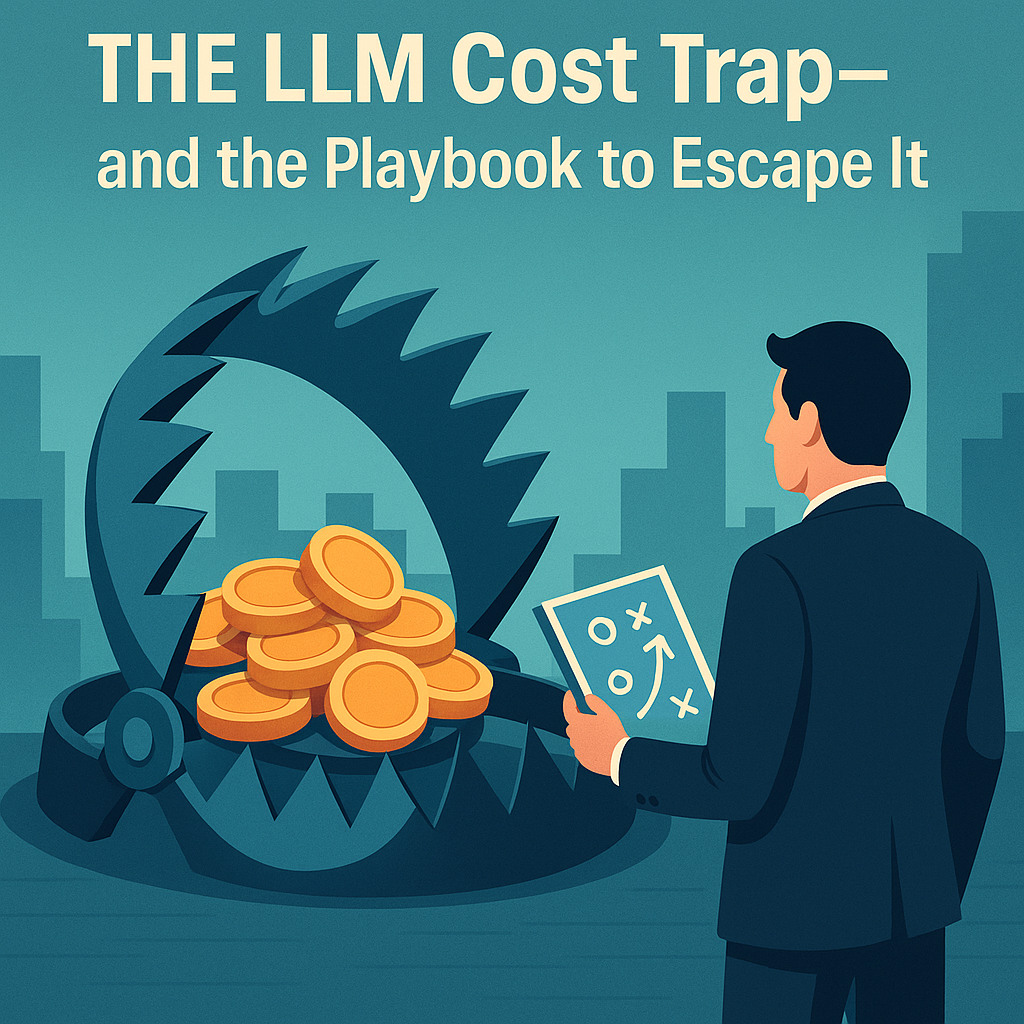
Every tech leader who watched ChatGPT explode onto the scene asked the same question: What will a production‑grade large language model really cost us? The short answer is “far more than the API bill,” yet the long answer delivers hope if you design with care.
Introduction
Public pricing pages show fractions of a cent per token. Those numbers feel reassuring until the first invoice lands. GPUs sit idle during cold starts. Engineers baby‑sit fine‑tuning jobs. Network egress waits in the shadows. This article unpacks the full bill, shares a fintech case study, and offers a proven playbook for trimming up to ninety percent of spend while raising performance.



